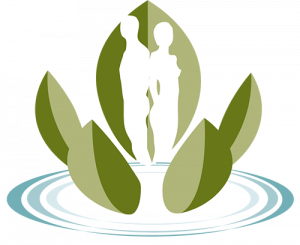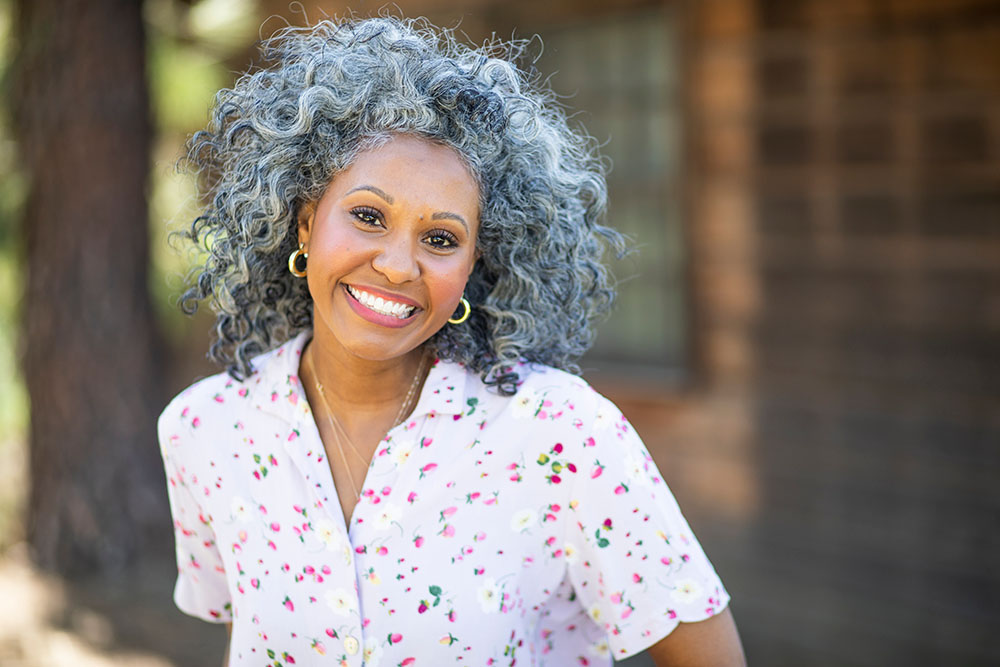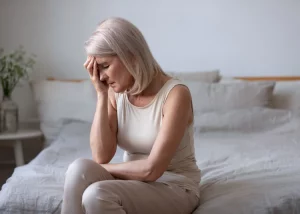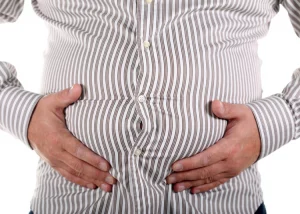What is Post-Menopause?
Post-menopause is the lifecycle that starts after menopause is complete.
It can be further divided into three stages:
- Early Post-Menopause (50s-60s): At this stage, you need more estrogen AND more progesterone
- Mid Post-Menopause (60s-70s): At this stage, you need a moderate amount of estrogen and progesterone.
- Late Post-Menopause (70s-80s and beyond): At this stage you need less estrogen and progesterone.
- At all stages, you may also need testosterone.
Post-menopausal women continue to have hormone health issues because some hormones are still circulating within their bodies. Since there is no longer any ovulation, progesterone production drops to zero. The ovaries may not be making significant amounts of estrogen. However, 15% of women still produce substantial Estradiol (E2).
As is the case during menopause, the adrenal glands continue to produce some estrogen, though in increasingly lower amounts. Although some estrogen is produced by fat cells, this is still not enough to reach healthy levels.
Common symptoms of estrogen deficiency in this lifecycle include:
- Hot flashes
- Night sweats
- Insomnia
- Fatigue
- Hair loss
- Weight gain
- Wrinkled skin
- Urinary incontinence
- Low sex drive
- Cardiovascular disease
- Osteoporosis
- Depression
- Anxiety
- Brain fog
- Thinning of the vaginal walls
After menopause, your ovaries begin to shrink in size. In some cases, the ovaries of a Post-Menopausal woman continue to produce a significant amount of testosterone. In fact, testosterone production can continue long after the ovaries have significantly decreased their production of both progesterone and estrogen. Is there such a thing as androgen sensitivity/testosterone dominance? Yes, absolutely. It can cause a post-menopausal woman to develop facial hair and a deep-sounding voice.

Other Factors that Contribute to Hormone Imbalance
A shift in hormones produced by the adrenal glands also begins in Menopause. DHEA levels that peaked in your twenties begin to slowly and steadily decline, dropping approximately 10 percent every decade. Some medical studies correlate the decline in DHEA production with many of the degenerative changes seen in women and men, such as heart disease, cancer, and osteoporosis.
Birth control pills can also create a relative testosterone deficiency. Taking birth control pills causes your levels of the hormone-carrying protein sex-hormone binding globulin (SHGB) to rise. These higher levels of SHGB, in turn, bind up the levels of free testosterone circulating in your blood, resulting in a condition of relative testosterone deficiency. Although your levels of testosterone may (or may not) appear within normal limits on a blood test, the amount that is available for use by your tissues is far lower than what is needed.
The result for you: symptoms of low testosterone, which include:
- Low libido
- Low energy
- Poor memory
- Fatigue
- Depression
- Apathy.
How Can I Restore Hormone Balance During Menopause?
Dr. Randolph has created specific guidelines to help you determine your individual supplementation needs, depending on your age, menstrual history, symptoms, and hormone test results. Recommended supplements for treatment of hormone balance during menopause are based on specific criteria, including:
- Age range
- Life cycle and associated hormone level shifts
- Type of imbalance
- Medical condition
- Common symptoms.
All hormonal supplements are bioidentical formulations that duplicate the natural physiology of hormones in the body. Ingredients as listed are derived from natural and/or plant-based substances.
What Can I Expect from Treatment for Menopause?
The answer is simple: relief from unwanted symptoms! You should expect improved and renewed:
- Libido
- Moods
- Memory
- Sleep
- Strength
- Energy
- More efficient weight loss
When or if symptoms persist, adrenal support (to manage stress), additional bioidentical hormone supplementation, and/or a compounded formulation may also be required.





